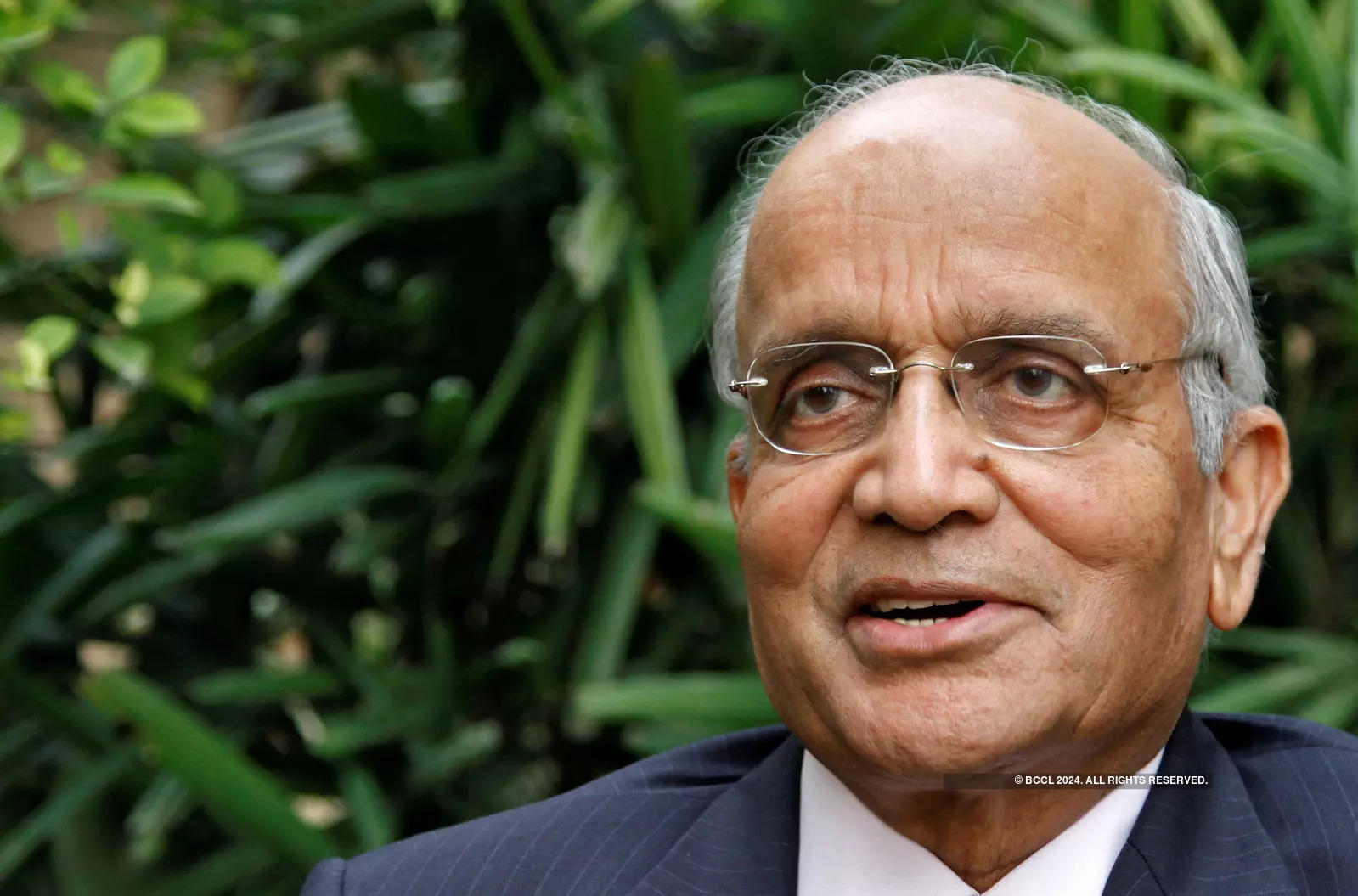
New Delhi: Maruti Suzuki Chairman RC Bhargava, addressing the 43rd annual general meeting of Maruti Suzuki India, said multiple technologies at different price levels are required to address various customer needs. India’s largest carmaker has shown interest in multiple fuel technologies rather than restricting itself to one (EV) to promote India’s Net Carbon Zero Emission target.
Maruti Suzuki which is yet to bring its BEV (Battery Electric Vehicles) onto Indian roads is emphasising the usage of Hybrids, CNG, Biogas, Hydrogen Fuel, and other cleaner alternatives.
Recently the Uttar Pradesh government has waived off-road taxes on hybrids making a step towards strong hybrids adoption in the state. Supporting this Bhargava stated, “We have seen that not only UP, but several states have now given some soft concession to hybrids, and it is being recognised that encouraging only one technology is not the right answer for India.”
Chairman of India’s largest carmaker discussed that hydrogen fuel technology for commercial purposes is still a road yet to be covered. “It (hydrogen fuel) has the potential to emerge as a non-polluting renewable fuel; other fuels like CNG, Biogas, Ethanol can also help India to meet the goal of zero carbon emissions, ” he added.
Maruti Suzuki is actively working to adopt cleaner technologies, which includes establishing solar power generation as well as biogas production units, reveals the Chairman.
Maruti which is now gearing up to enter the EV (Electric Vehicle) market race this year is in talks with GoI to encourage different technologies including hybrids in India.
Maruti Suzuki’s entry in BEV(Battery Electric Vehicles) space
Maruti Suzuki which has created a noise in the Indian auto market by announcing its EV launch soon has now given a timeline to it. The Chairman revealed that Maruti’s first EV model will be in production and out for sale in the coming few months. EVs will be first exported to Europe and Japan and by the end of the decade (2030-2031) the company plans to add 6 EV models to its portfolio.
However, in the beginning, there will be limited EV models as mentioned by Bhargava. “At least for some years to come, there is no way that EVs will have many models.”
Commenting on the race between the support of hybrids and EVs, Bhargava said there is no conflict. These are essentially required to reduce the pollution and oil consumption of vehicles that are not EVs.
Maruti Suzuki revs up its auto-game
The company is also planning to change the gears of its auto game through exports, production, and demographic expansion along with upcoming launches.
The company which is currently exporting approximately 3 lakh cars in 20 lakh production is now targeting to reach around 7.5 – 8 lakh vehicles in exports with total production of 40 lakh by 2030. However, the projection is dynamic depending on the market demand.
To cater the Indian auto market, Maruti Suzuki is planning to focus on rural markets along with urban markets. “The expansion of the Nexa sales network to rural areas is to make vehicles available easily to rural customers and offer better service opportunities,” adds the Chairman.
The old trend is coming back!
“We firmly believe that low-cost and small cars are necessary in our economic and social conditions. A temporary setback in demand is not going to change our strategy,” he emphasised. Bhargava believes that the small car market will revive again and the people who are commuting through two-wheelers will be the target customers. The demand might take an upturn by the end of FY 2025-26.
Maruti Suzuki is a strong player in the small car market with its top sellers such as Swift, Alto, WagonR, and many more.
No concerns about high inventory
Maruti Suzuki is not facing high inventory concerns, states RC Bhargava. “Our stock in the pipeline is around 38 days… we do have a little larger stock at present as the festival season is coming,” Maruti Suzuki Chairman commented.
Maruti Suzuki targets that by the year end the inventory with the dealers will come down to approximately 10 days. However, it is also crucial for dealers to keep adequate stock in their dealerships to avoid customers having a problem in buying their preferred car. “There has to be a good balance between what is kept as stock by the dealers and what becomes unsold inventory which does not move over some time,” says Bhargava.
The company aims to reach a production of 40 lakh in the upcoming years. To which the vehicles produced in the Kharkhoda plant will add to the company’s 2025-2026 sales. However, Bhargava stated a small delay has taken place in finalising the site for a new 1 million unit expansion.














